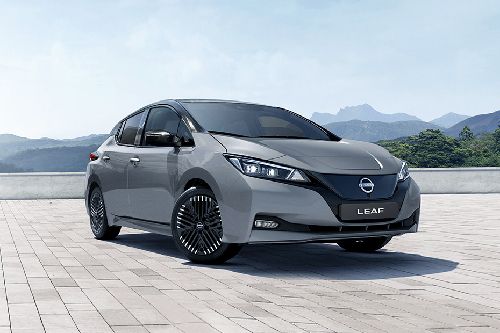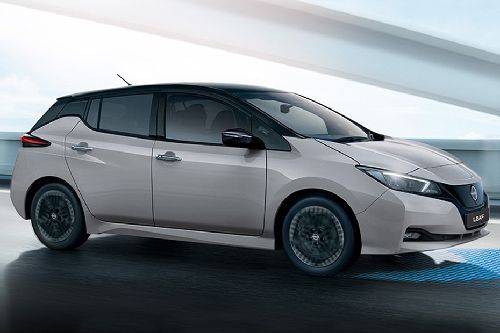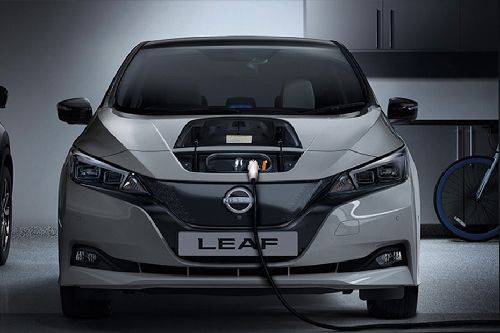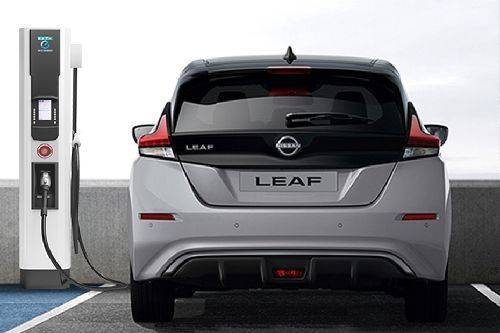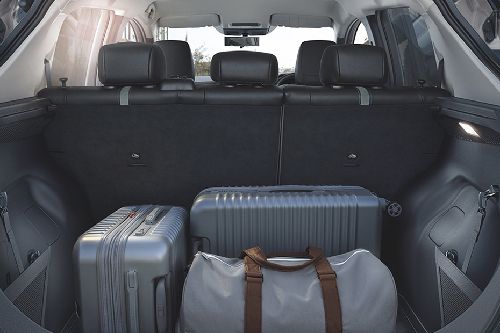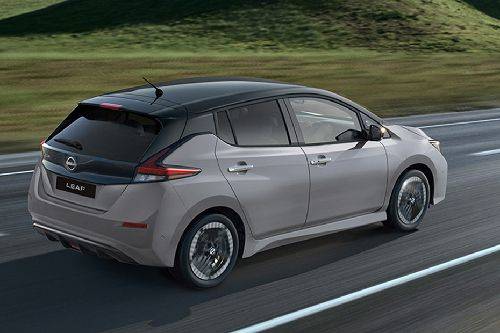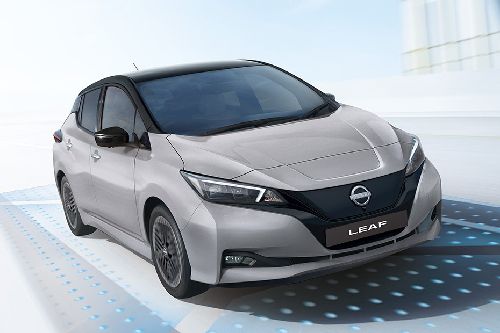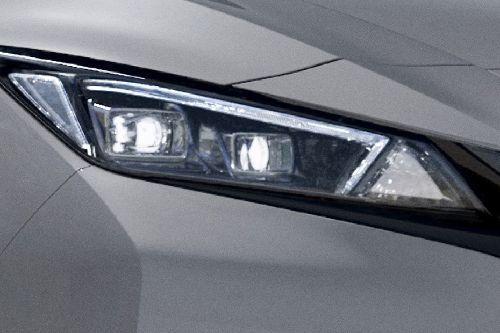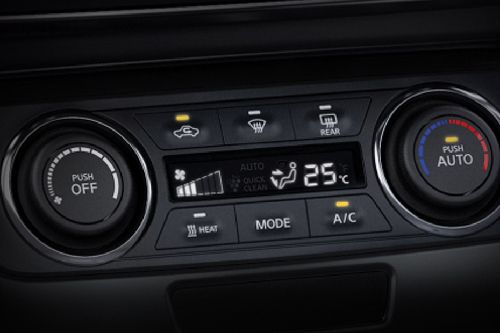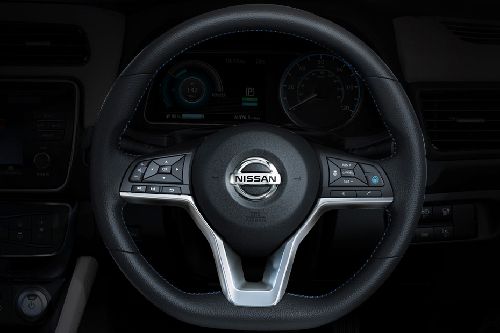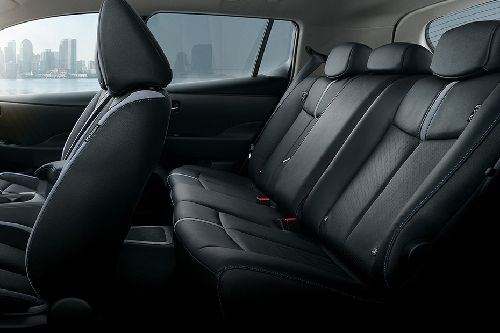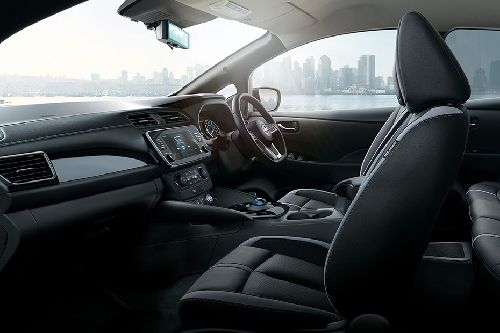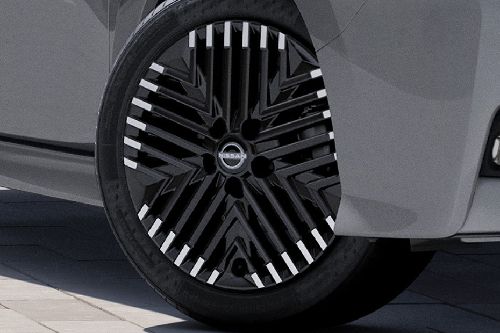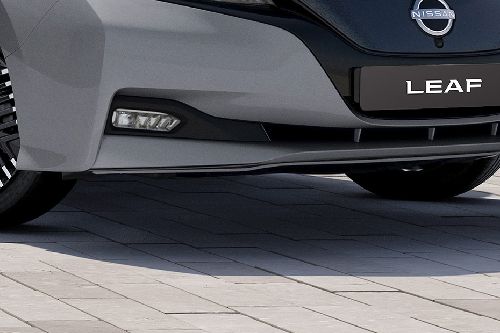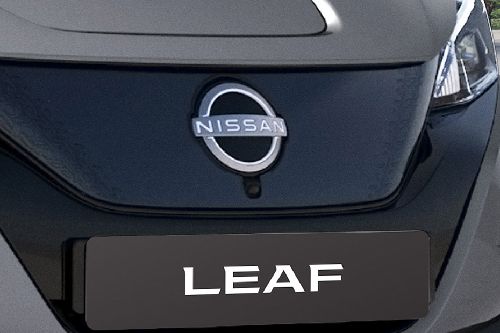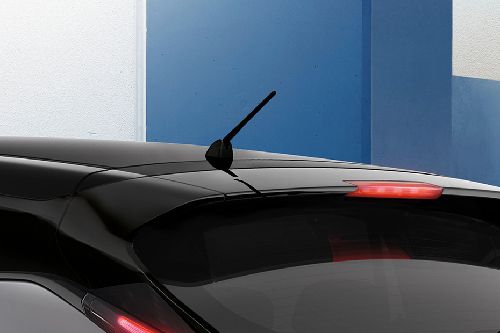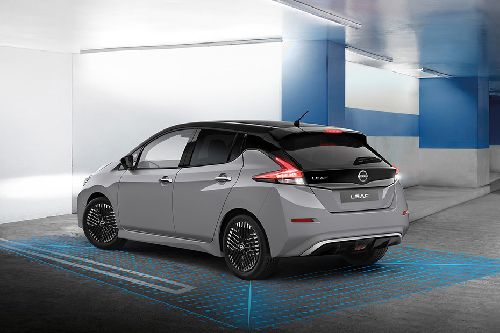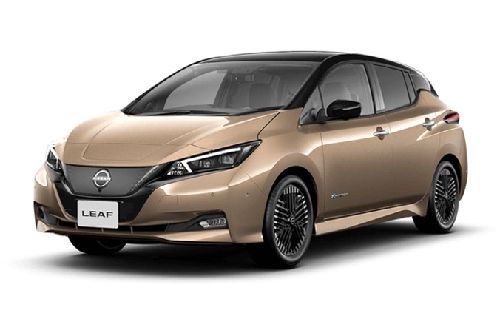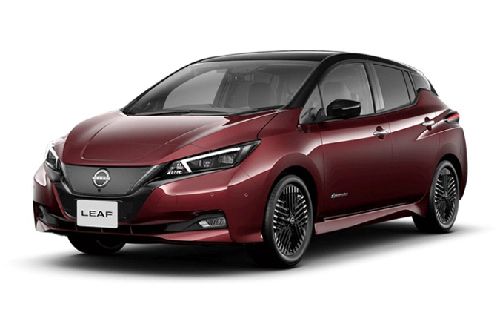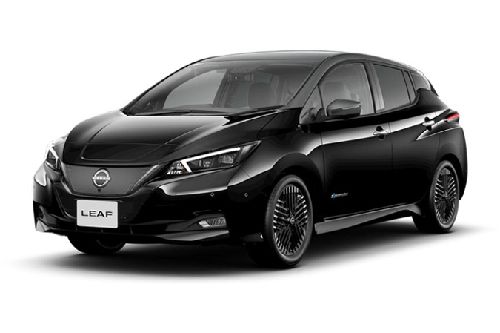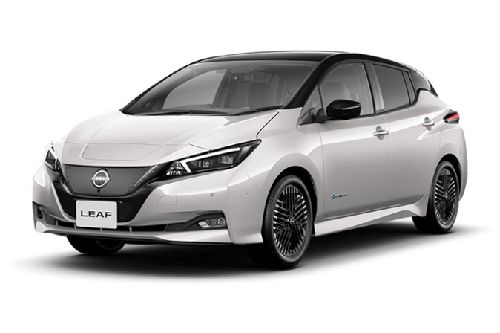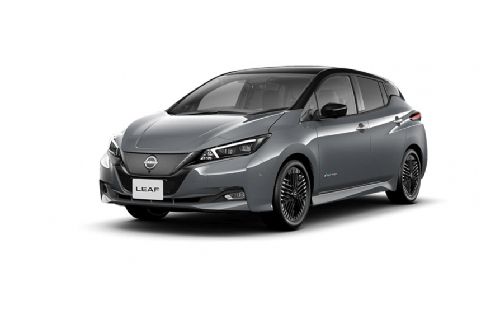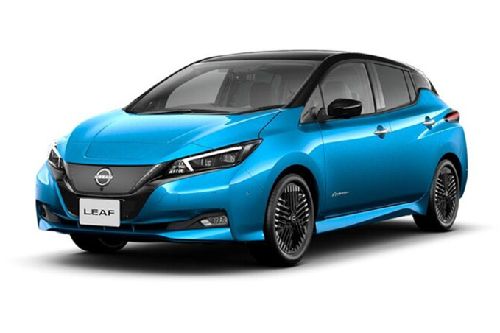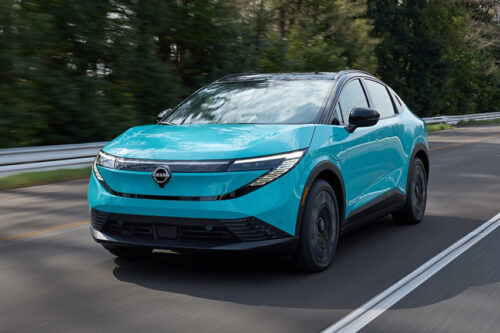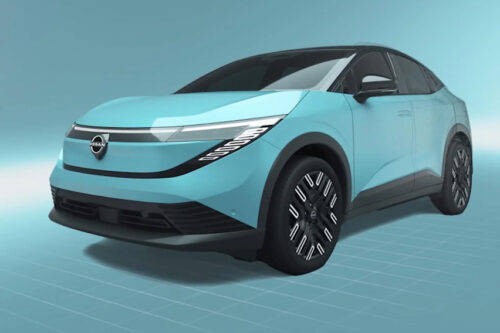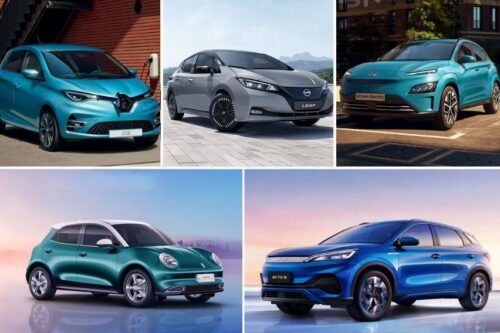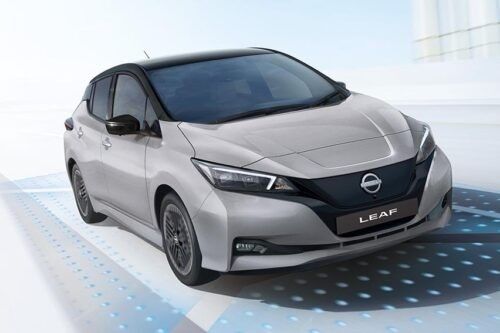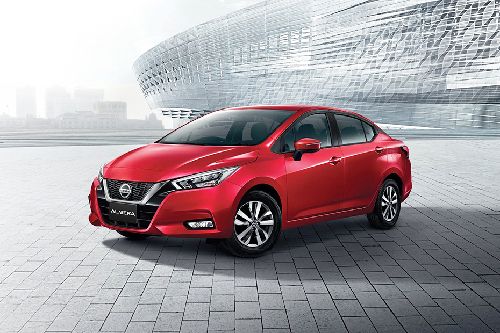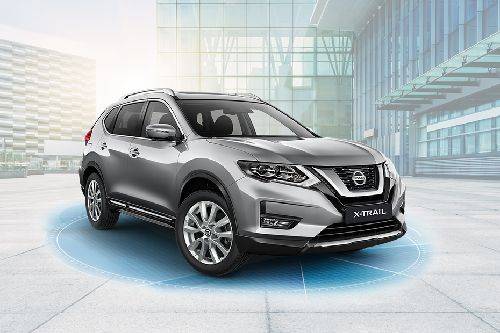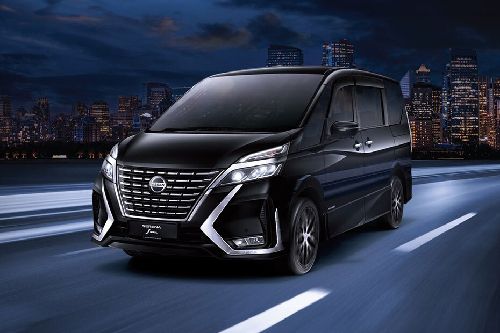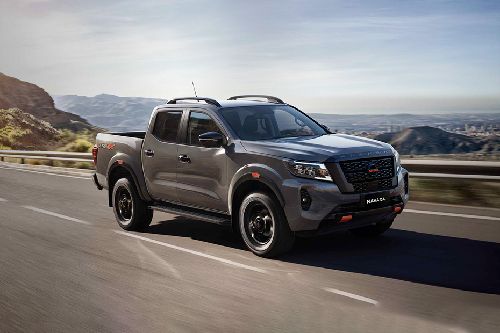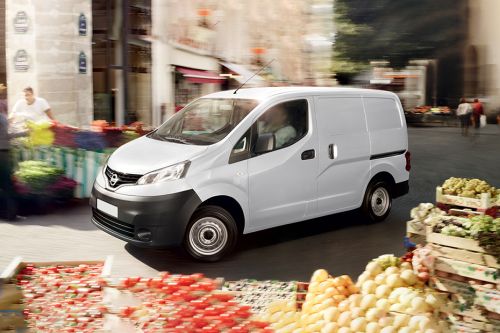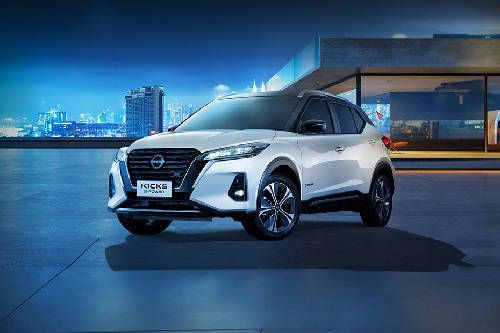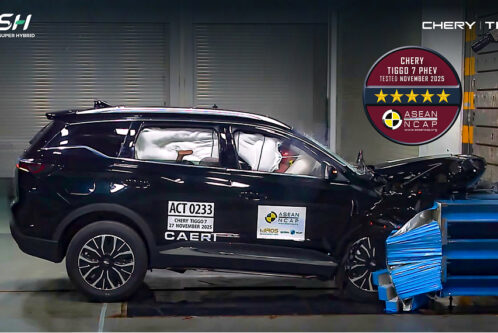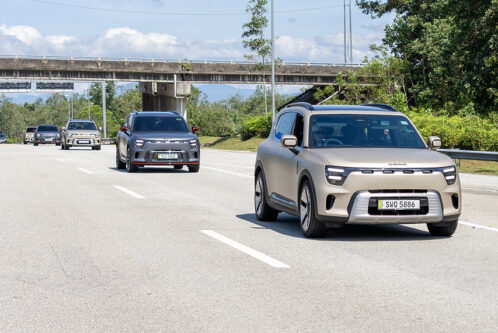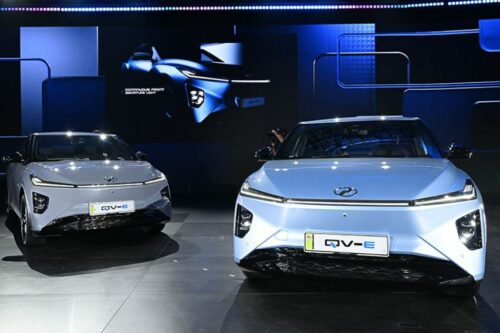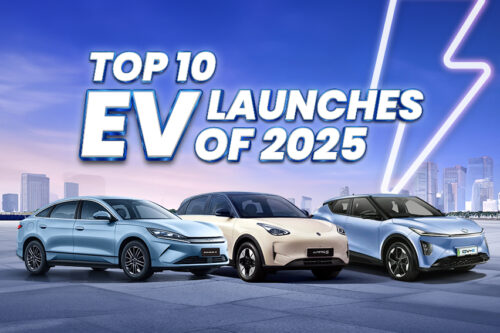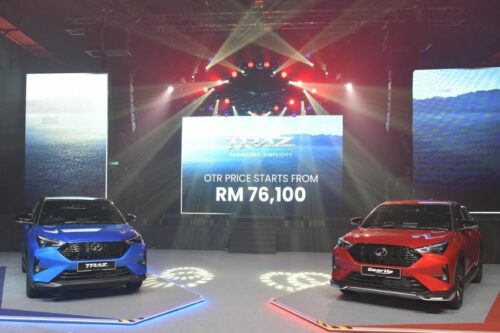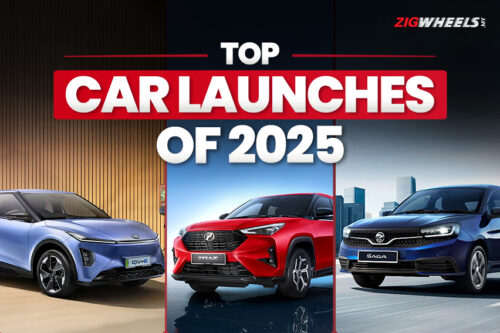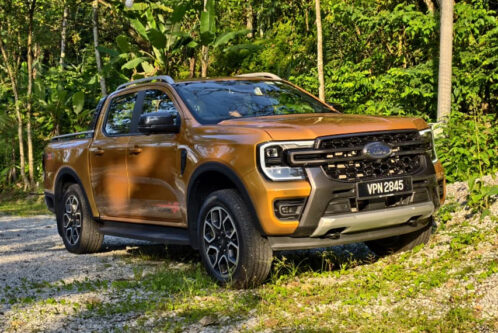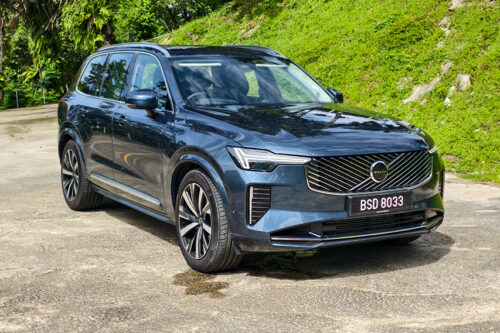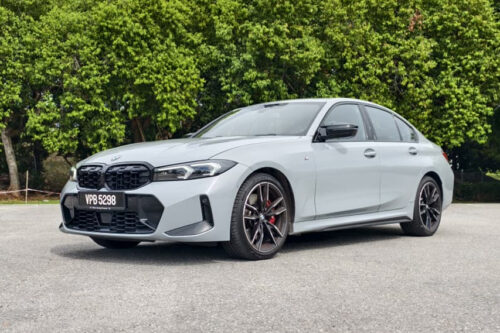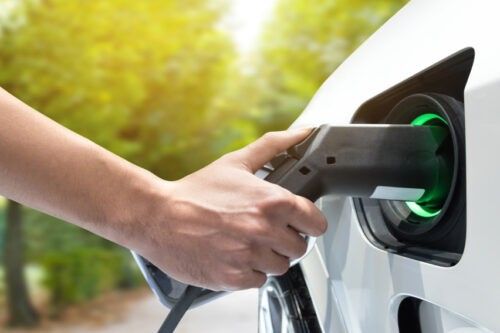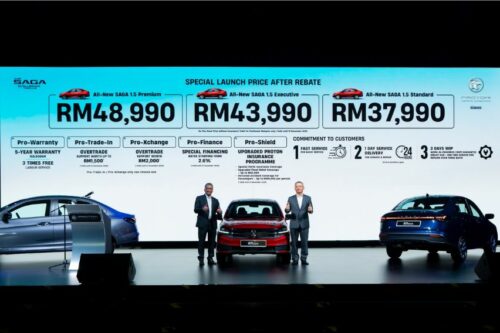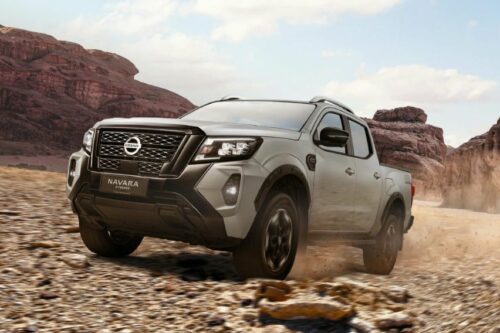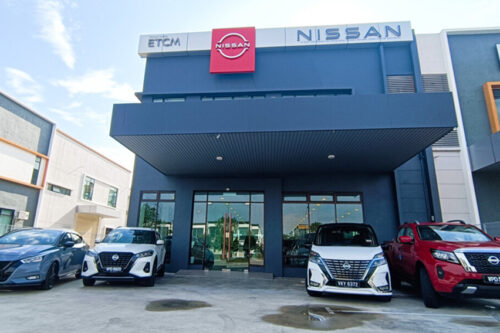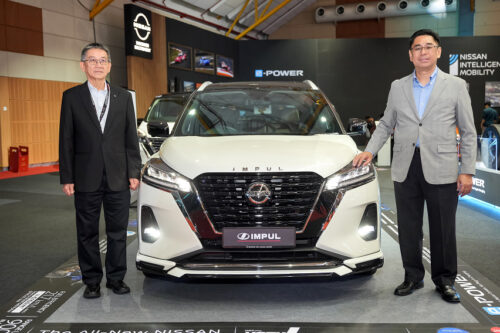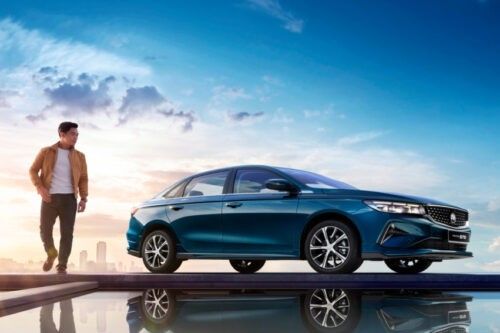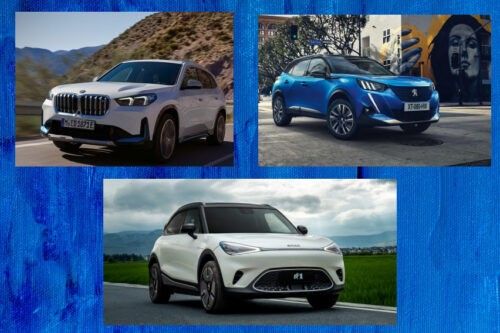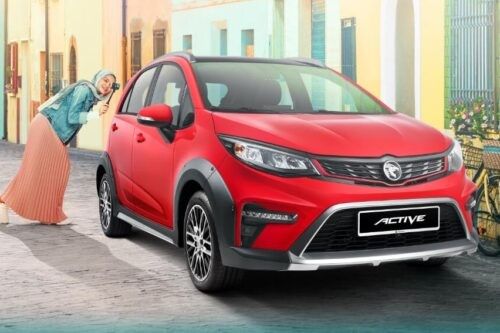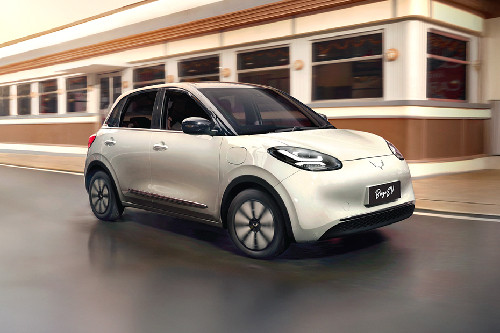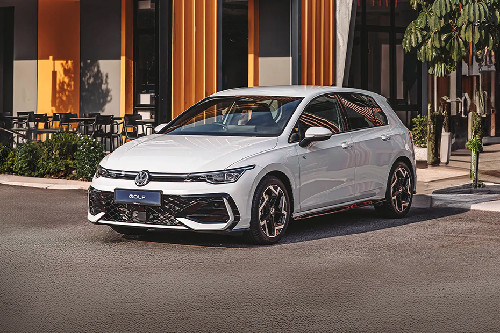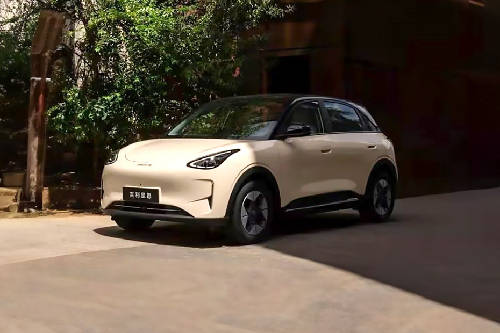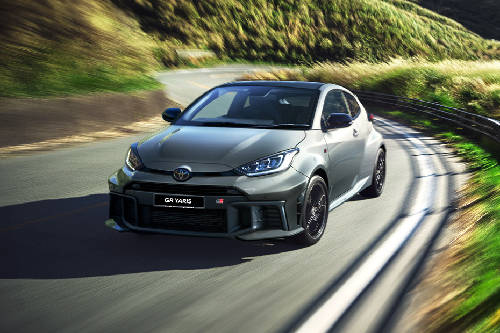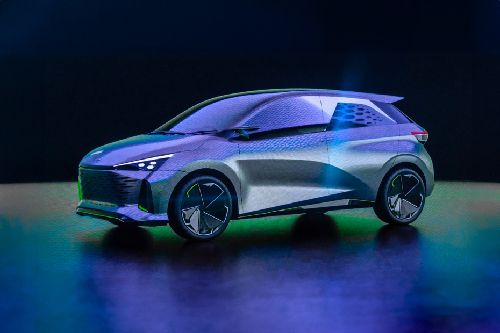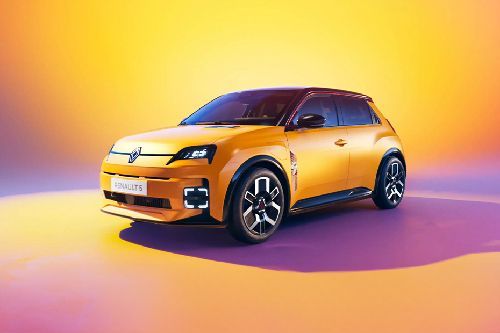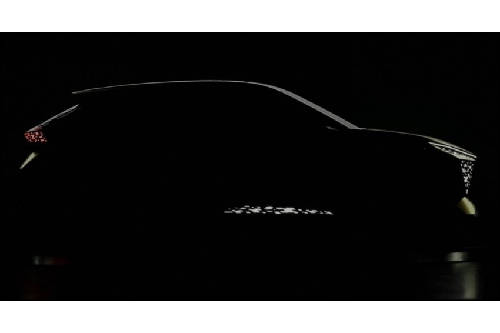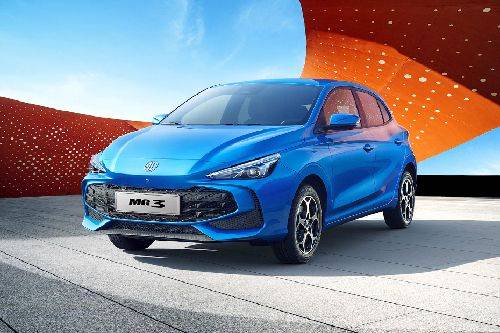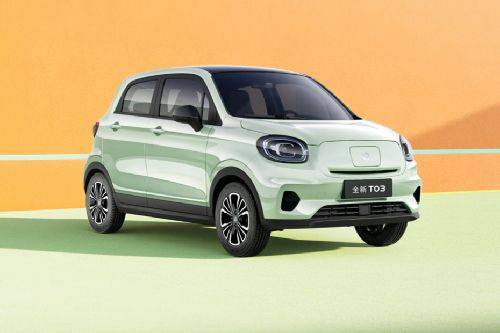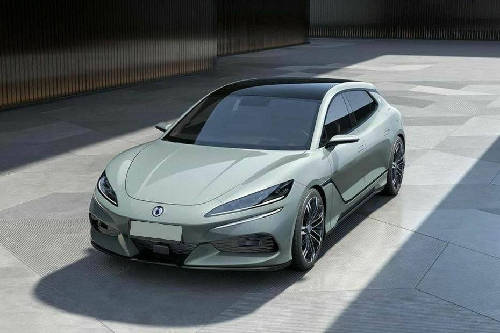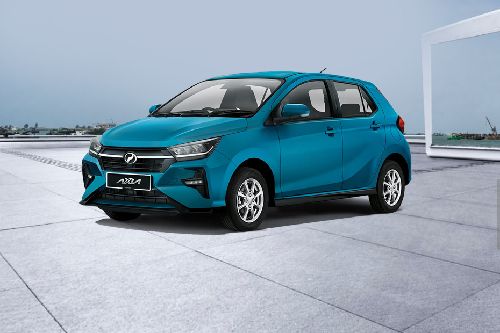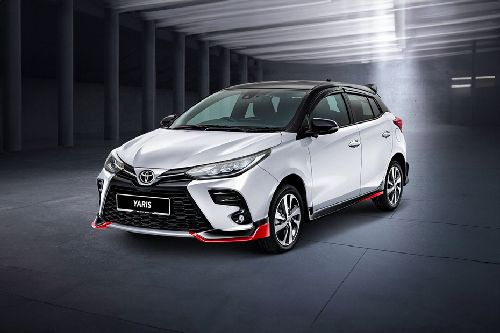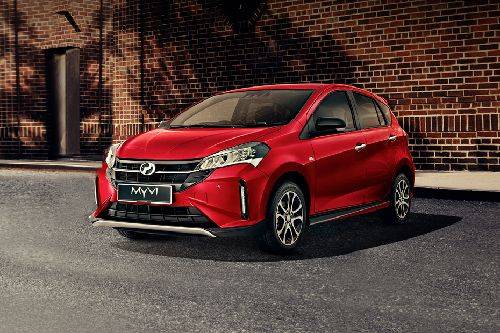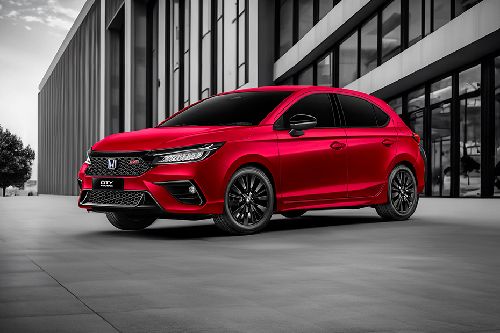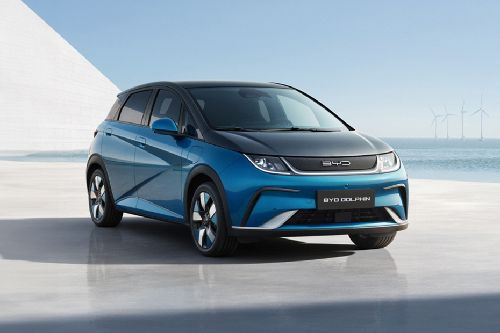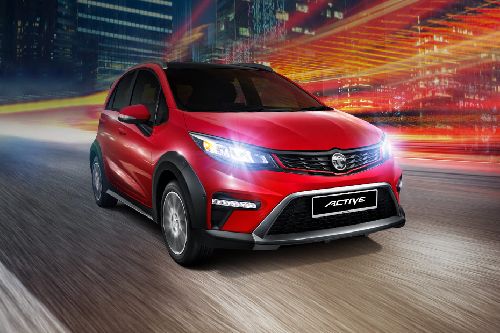2023 Nissan Leaf: Pros and Cons
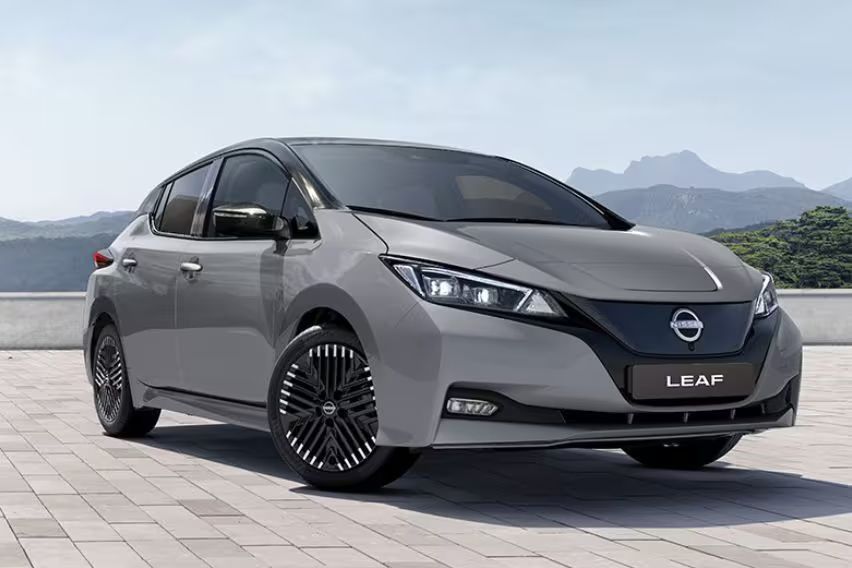
The Nissan Leaf is one of the first mass-market EVs in the world that was introduced as a sustainable and cost-effective alternative to traditional gas-powered vehicles in 2010. The latest iteration of this pioneering EV landed on Malaysian shores just last month and is available in a sole variant, priced at RM 168,888.
KEY TAKEAWAYS
How much does the 2023 Nissan Leaf cost?
The 2023 Nissan Leaf is offered in a sole variant, priced at RM 168,888.What are the pros and cons of the Nissan Leaf?
Available at an affordable subscription plan, the Nissan Leaf comes with advanced driver-assistance features and a comfortable interior. However, the EV’s battery lacks active battery thermal management and has a relatively shorter driving range.While the new Nissan Leaf is equipped with several advanced features and cutting-edge tech that make it a standout option in the local EV market, there are a few areas where it could be improved. So, in today’s story, we'll be discussing the pros and cons of the EV to help you decide if it's the right electric vehicle for you or not.
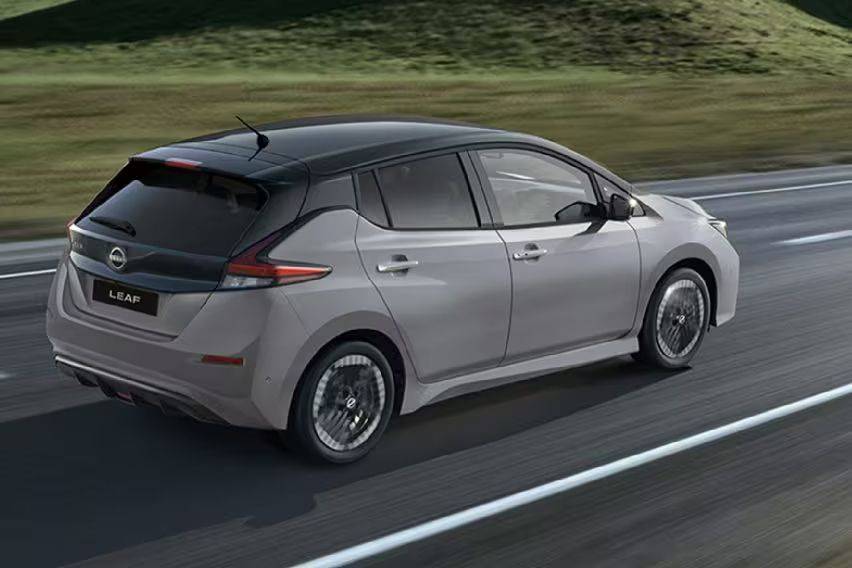
2023 Nissan Leaf pros
Offered with a subscription plan
EVs are often seen as expensive, making them less accessible to the average buyer. However, Nissan has addressed this issue by offering an affordable subscription plan for the Leaf. This subscription plan allows drivers to lease the EV for a fixed period, paying a monthly fee, and enjoy a Worry-Free ownership experience. The Nissan Leaf subscription plan's key highlights are -
- A monthly subscription amount of RM 1,800 for a 3-year contract
- No down payment
- After three years, buyers can simply return the Nissan LEAF without incurring any penalties
- They can also upgrade the EV with any other Nissan model at the end of the subscription term
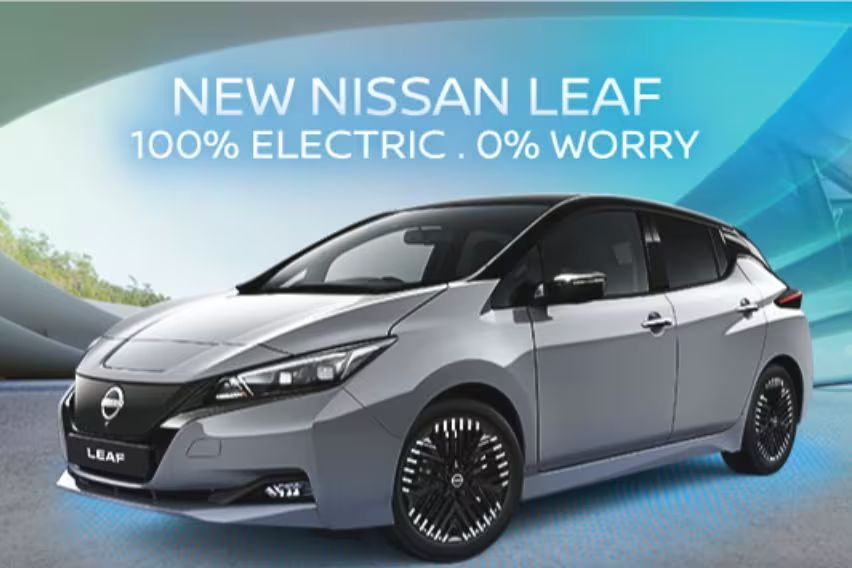
Advanced suite of driver-assistance features
The EV comes equipped with Nissan Intelligent Safety Shield technologies that provide drivers with peace of mind and a safer driving experience. These include -
- Lane Departure Warning
- Lane Intervention
- Intelligent Rear View Mirror
- High Beam Assist
- Intelligent Forward Collision Warning with Emergency Braking
- Intelligent Around View Monitor with Intelligent Moving Object Detection
- Intelligent Driver Alertness
- Intelligent Ride Control
- Intelligent Trace Control
- Cruise Control
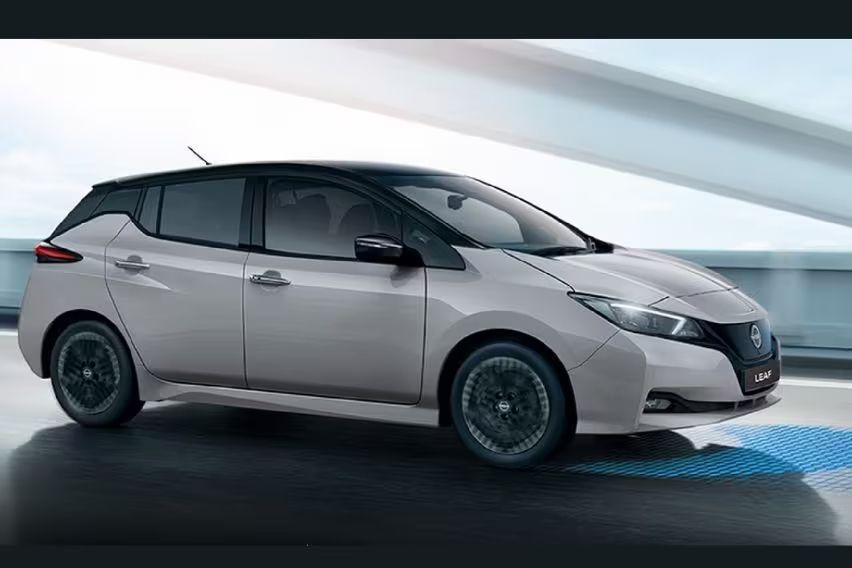
Adding to the safety quotient are EV’s passive safety systems such as six airbags, an anti-lock braking system with electronic brakeforce distribution and brake assist, Vehicle Dynamic Control, Hill Start Assist, and a regenerative Braking System
Comfy interiors
This Japanese EV offers a surprisingly comfortable driving experience, despite its compact size. The spacious front seat area is particularly noteworthy, with its dome-shaped greenhouse creating an open and airy feel. The new 8.0-inch NissanConnect touchscreen infotainment system and climate control buttons are thoughtfully placed and easily accessible. The latter also supports Apple CarPlay/Android Auto.
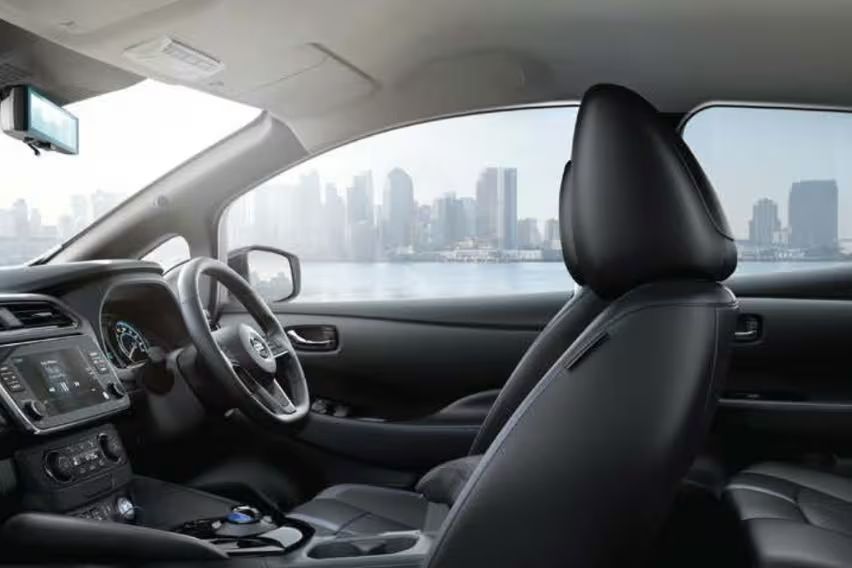
Taking comfort to the next level are features like leather upholstery, a flat-bottom steering wheel, automatic climate control, an electronic parking brake, and a push start button with an I-key.
2023 Nissan Leaf cons
No Active Battery Thermal Management
The new Nissan Leaf continues to equip the same 40-kWh battery pack as earlier, which still lacks an active battery temperature management system. That means the battery is not regulated for temperature during charging or driving, which might result in a shortened battery lifespan. To maintain the longevity of the EV battery, it is important to keep it within the optimal temperature range.
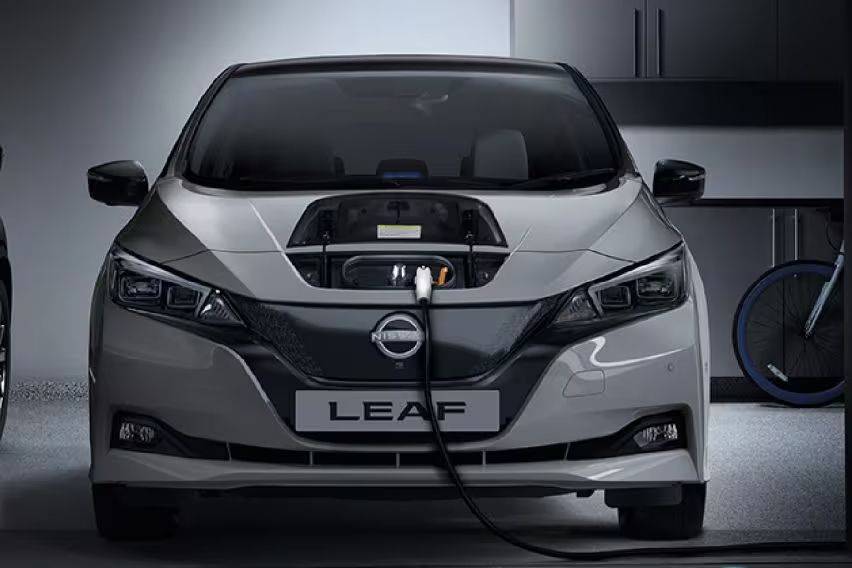
Relatively less driving range
One of the other areas where the Nissan Leaf falls short is driving range. The EV’s 40-kWh battery package offers a cruising range of 311 km. In comparison, the similarly-priced Ora Good Cat and BYD Atto 3 provide a relatively better range. The Good Cat comes in two versions - 47.8-kWh and 63.1-kWh offering a cruising range of 400 km and 500 km, respectively. Similarly, the Atto 3 also comes with a bigger 60.48-kWh unit allowing it to run for 420 km on a single charge.
Well despite these shortcomings, the Nissan Leaf remains a compelling option in the local EV market for those seeking a comfortable and affordable electric vehicle. What do you think? Let us know in the comments.
Also read: 2023 Nissan Serena e-Power bags more than 20k orders in two months
-
Explore Nissan Leaf
Nissan Leaf Related Stories
- News
- Featured Stories
Nissan Car Models
Malaysia Autoshow
Trending & Fresh Updates
- Latest
- Popular
You might also be interested in
- News
- Featured Stories
Nissan Featured Cars
- Popular
Latest Nissan Leaf Car Videos on Zigwheels

Compare & Recommended
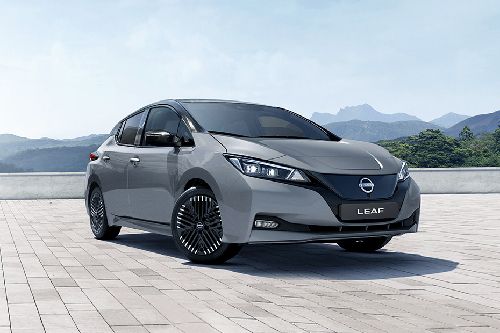
|
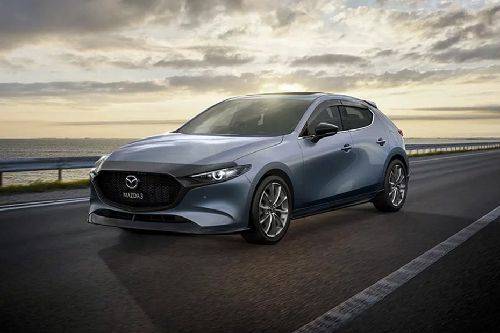
|
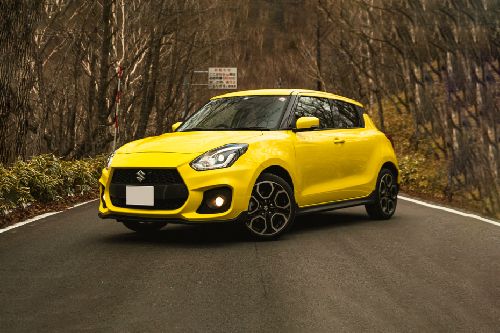
|
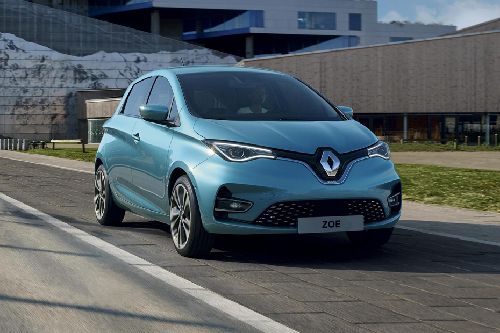
|
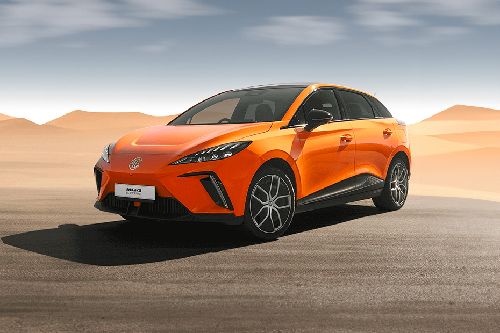
|
|
Ground Clearance
150 mm
|
-
|
120 mm
|
-
|
-
|
|
Seating Capacity
5
|
5
|
5
|
5
|
5
|
|
Fuel Type
Electric
|
Petrol
|
Petrol
|
Electric
|
Electric
|
|
Power
148
|
118
|
140
|
108
|
168
|
|
Torque
320 Nm
|
153 Nm
|
230 Nm
|
225 Nm
|
250 Nm
|
|
Transmission Type
Automatic
|
Automatic
|
Automatic
|
Automatic
|
Automatic
|
|
Engine
-
|
1496
|
1373
|
-
|
-
|
|
|
Trending Hatchback
- Latest
- Upcoming
- Popular

